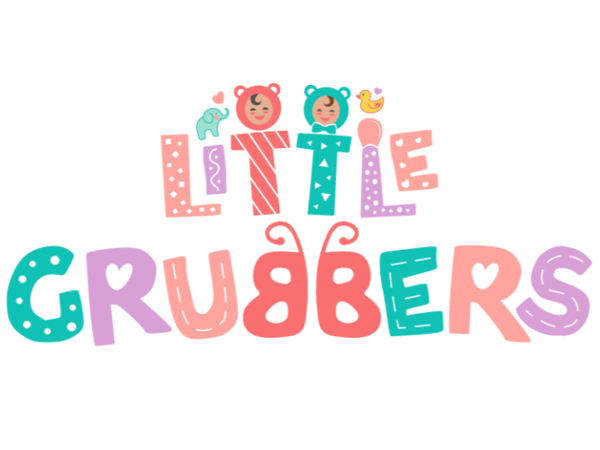Every Baby Eats at Their Own Pace
“How long should a baby take to finish a meal?” is a question many parents ask. Mealtimes with your little one can range from a delightful bonding experience to a test of patience. The truth is, there’s no one-size-fits-all answer—every baby eats at their own pace, influenced by factors like age, appetite, and developmental milestones.
In this post, we’ll explore what’s considered a typical mealtime duration for babies, how to create a positive feeding routine, and tips to help both you and your baby enjoy stress-free meals.
1. Typical Mealtime Durations by Age
Understanding how long babies typically take to eat can help set realistic expectations.
6–9 Months
- Babies are just learning to eat solids, so meals may take 20–30 minutes.
- They explore food through touch, taste, and even play, which can slow things down.
9–12 Months
- As coordination improves, babies may take 15–25 minutes per meal.
- They might still prefer small, frequent meals instead of longer ones.
12+ Months
- Older babies and toddlers often complete meals in 15–20 minutes but may linger if they’re distracted or enjoying their food.
Tip: Avoid rushing your baby. Mealtime is not just about nourishment—it’s also a sensory experience and a chance to practice new skills.

2. Factors That Influence Mealtime Duration
Several factors can impact how long your baby takes to finish a meal.
Hunger Levels
A hungry baby may eat more quickly, while a baby who’s not very hungry might nibble slowly.
Food Preferences and Textures
Babies may spend more time on foods they enjoy or are still exploring unfamiliar textures.
Distractions
Mealtime distractions like toys, screens, or siblings can make feeding take longer.
Developmental Stages
Teething, growth spurts, or developmental leaps can also affect how long your baby stays focused on eating.
Tip: Observe your baby’s cues to understand what’s influencing their pace.

3. Creating a Positive Mealtime Routine
Establishing a consistent routine can help streamline mealtimes and make them more enjoyable for everyone.
Set a Time Limit
- Aim for meals to last around 20–30 minutes. After this, babies may lose interest.
Stick to a Schedule
- Feeding your baby at the same times daily helps regulate their appetite and expectations.
Encourage Focus
- Keep mealtime free of distractions and focus on interacting with your baby while they eat.
Tip: Use tools like the 3-in-1 Baby Spoon™, which can make self-feeding easier and encourage independence.

4. Recognizing When a Meal Is Over
Learning to identify when your baby is done eating can save time and reduce stress.
Signs Your Baby Is Full
- Turning their head away or pushing food away.
- Closing their mouth tightly or spitting out food.
- Becoming more interested in playing with their food than eating it.
Tip: Don’t force your baby to eat once they’ve signaled they’re full. Respecting their cues helps them develop healthy eating habits.
Check out “How to Encourage Your Baby to Self-Feed” to help foster mealtime independence.

5. Managing Picky Eating and Slow Eaters
Some babies take longer to eat simply because they’re picky or easily distracted.
Strategies for Picky Eaters
- Offer small portions of new foods alongside favorites.
- Use sensory-friendly tools like the 3-in-1 Baby Spoon™ to encourage exploration.
Encouraging Efficient Eating
- Avoid letting mealtime turn into playtime, but keep the atmosphere light and enjoyable.
- Praise your baby for trying foods, even if they only take a small bite.
Tip: Patience is key. Developing a balanced diet and healthy eating habits takes time.

Simplify Mealtime With Little Grubbers
Understanding how long your baby should take to finish a meal is all about observing their unique habits and creating a positive environment. Whether your baby is a slow eater or breezes through their plate, having the right tools makes all the difference.
The 3-in-1 Baby Spoon™ is designed to support your baby’s developmental needs, making self-feeding easier and more enjoyable for both of you.
Ready to enhance your mealtime experience? Explore the 3-in-1 Baby Spoon™ by Little Grubbers today!

